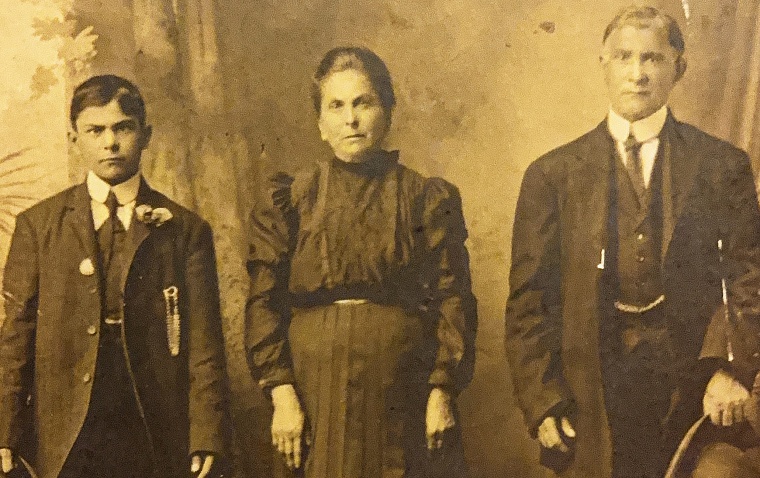When my father passed in 2015, I didn’t have time to grieve. I was newly married and pregnant with my first baby. I had moved across the country and recently lost my job. All of it is a blur. I don’t even remember crying. We got rid of a lot of his things. He’d been living in a hospital bed in my parents’ living room for years and my mom needed a fresh start. His computer was one of the things we got rid of. Now, I wish we hadn’t.
A few years ago I was cleaning out my email inbox when I found a bunch of unread messages from my dad. In the end he sent me dozens of emails a day. I responded to most of them, but not all. One caught my eye. It was his grandfather’s birth certificate. He had remarked on the fact that the mother’s name, Lorenza, was so beautiful. “She was the one who was murdered,” he reminded me in all caps.
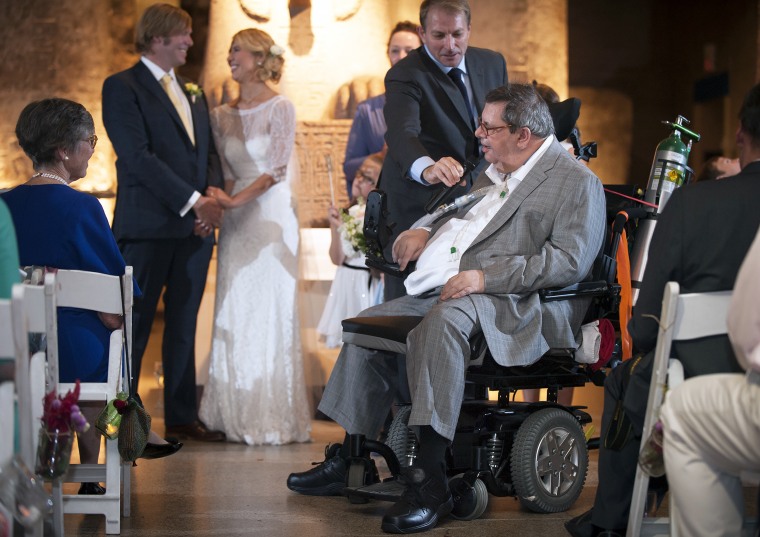
For a century, my family has been telling and retelling the story of the murder of Lorenza Marsala, my great-great-grandmother. She was allegedly murdered in Sicily, before she could join the rest of our family in America.
In the one and only picture I have ever seen of her, Lorenza looks like a woman you wouldn’t want to mess with. Her cheekbones could cut glass, her dark eyes bore directly into your soul.
What happened to this woman?
My dad was obsessed with finding out. He made several trips back to Sicily to try to learn about Lorenza. But at the end of his life he was stricken with a rare form of muscular dystrophy. When it got so bad he needed help walking and had to spend more and more time in bed he began exploring the world the only way he could by attempting to piece together family trees and gathering stories from family members.
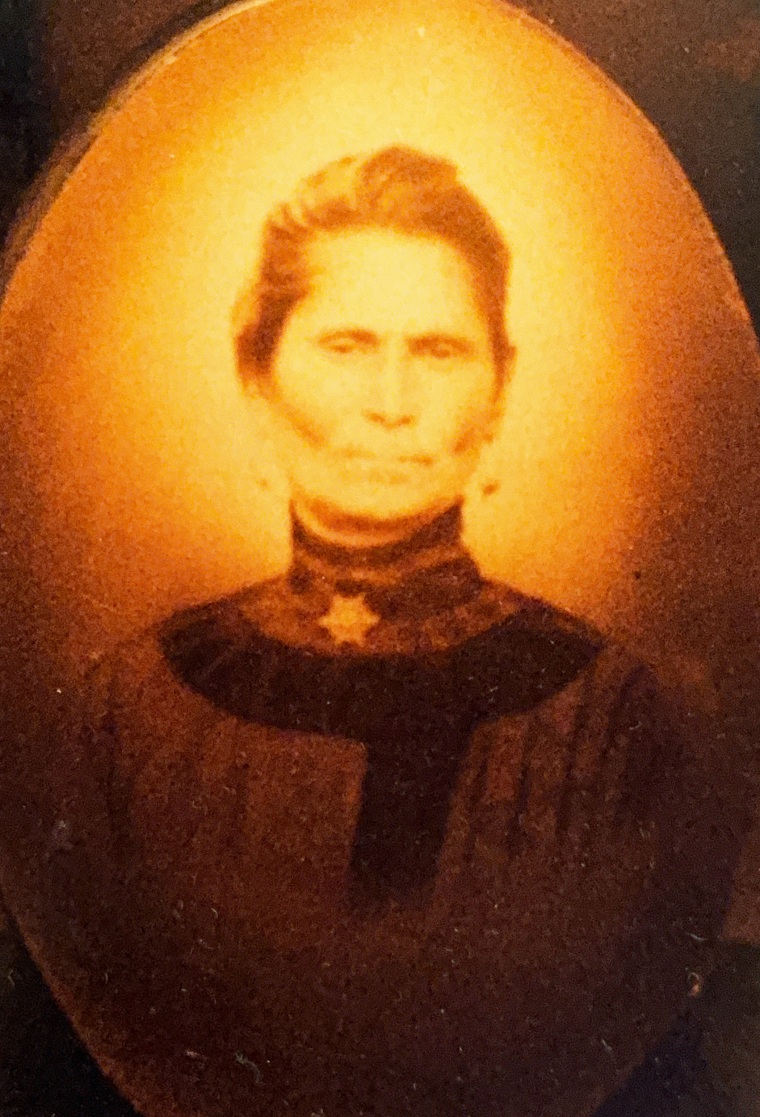
Here’s what we know is true. Lorenza’s husband, my great-great-grandfather, Antonino Piazza came to America to try to make a better life for his family in the early 20th century. His sons, including my great-grandfather Santo also made their way over.
Sometime before she could join them, Lorenza died. My family always said she was murdered, but we didn’t know this for certain. My family also believed that one of Lorenza’s sons returned to Sicily to avenge her death. None of them had proof.
My dad never got to finish his work. Reading the email from him containing information about Lorenza, I finally burst into tears for the first time since he died. My dad cared so much about this research and I should have been doing it with him.
Over the next couple of years I became as obsessed with Lorenza’s story as he was as a way to connect with my dad. It often felt like he was right along with me.
I’m a novelist as well as an author, so I began to create a fictional story loosely based on her death. I imagined what could have happened, what it would be like for a woman to be left alone without her husband and sons for years in a small Sicilian village. Was it a relief to not have to be a wife, or to have babies every year? I crafted a multigenerational murder mystery and in fiction, I solved the murder. I sold the book. “The Sicilian Inheritance” comes out next month and it is the best thing I have ever written. My dad would love it.
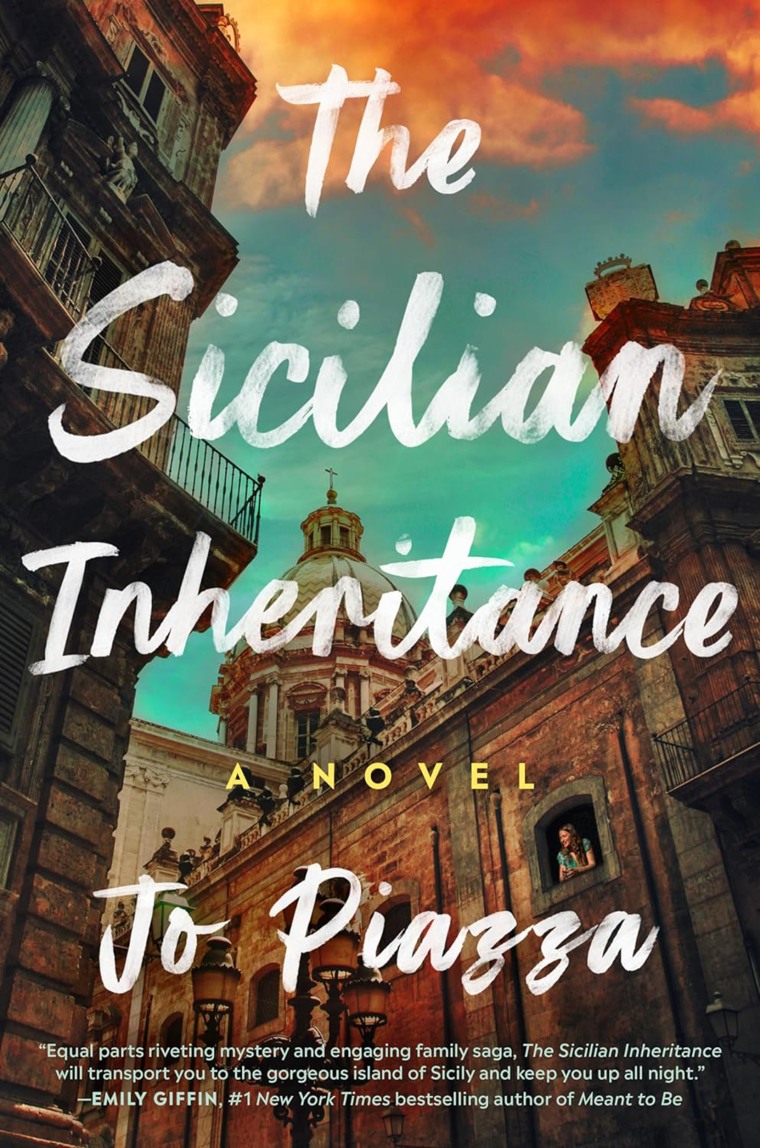
But since I am also a journalist I needed to know the truth and last summer I buckled down to try to figure out the real story of Lorenza Marsala’s murder and my own family’s history of coming to America. I would find all of the answers my dad was after.
I began where most people do, Ancestry.com. I tried every password I knew to get into my dad’s Ancestry.com account and failed. Same with his Facebook. I knew I had to start my own research from scratch.
It’s not the easiest website to navigate, but it is a start. Ancestry.com is a massive database of records and documents from all over the world. It crawls things like ship manifests for people immigrating to the United States, birth and death records, census records and military records. It’s a good place to find things like birthdays and the date that someone died, both of which I needed to try to go any further.
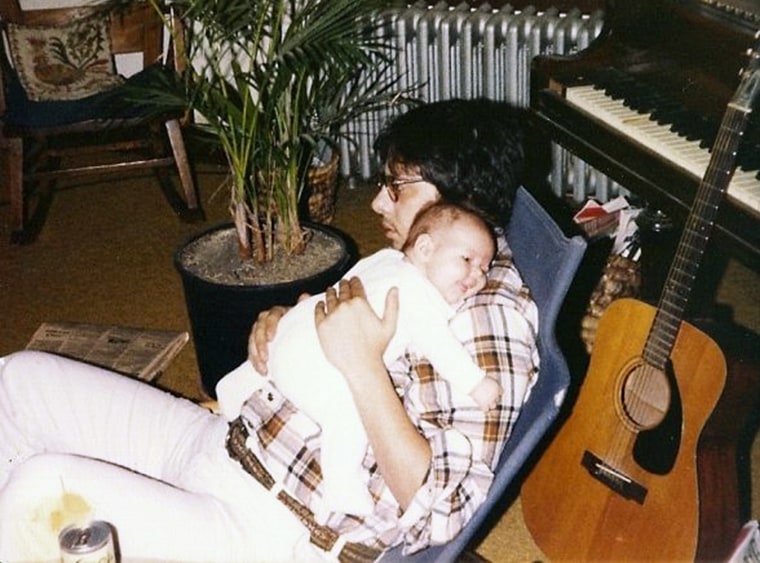
According to Ancestry’s data, Lorenza Marsala was born on Valentine’s Day in 1862 and she died on February 24th, both in Caltabellotta, the small village where my family was from.
She had her first child at 20. Her husband left her to come to America when she was 43. He was gone for the next 11 years. And then I saw her picture for the first time. That’s when I knew I was in deep. My father’s obsession had become my own.
My next call was to Ellis Island. I knew that my ancestors came through Ellis Island when they immigrated. My father had found the ship manifest for the boat my great grandfather Santo came over on in their online database. But the historians at Ellis Island have so much more information than that.
I contacted Stephen Lean, a historian and the director of the American Family Immigration History Center. Stephen is a records and research guru and the things he learned blew me away. He was able to craft the most complete picture of my family’s immigration journey that any of my relatives have ever seen or heard.
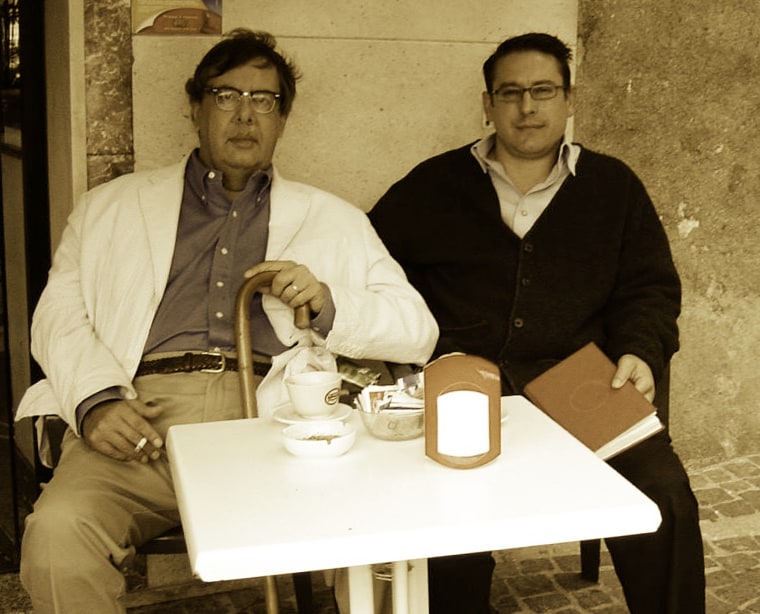
We learned that Santo came over first with his younger brother Joseph on a ship called the Massilia which arrived on April 3, 1905. He was 22 years old and mistakenly listed as female on the ship manifest. It looks like he traveled with two of his friends, brothers named Giuseppe and Paolo Trapani, also from Caltabellotta. He was unmarried, but likely engaged to a woman from the village, because she came to America slightly later than he did in 1907 with his father Antonino and brother Vito. Antonino may have lied about his age on the manifest record. Stephen told me older men often did this so that the officials wouldn’t worry about them being senile and having to be taken care of in America.
Lorenza’s other children, Josephine, Paulina, Rosa, Calogero and Antonino all followed. Most of them have robust records here in America. All except for one. Joseph joins the military in 1918, is sent to Europe and then goes off the grid for four decades. I finally have a piece of evidence that one of Lorenza’s sons may have avenged their mother’s death.
Hearing Stephen tell this story and then seeing these names in old immigration records finally began to make these characters in my family’s story seem real. And every time I see a new record it feels like my dad is right alongside me cheering me on, like he isn’t just alive again, but healthy and vibrant and seizing the goddamn day which was one of his favorite things to tell me to day, “Seize the goddamn day, Johanna.”
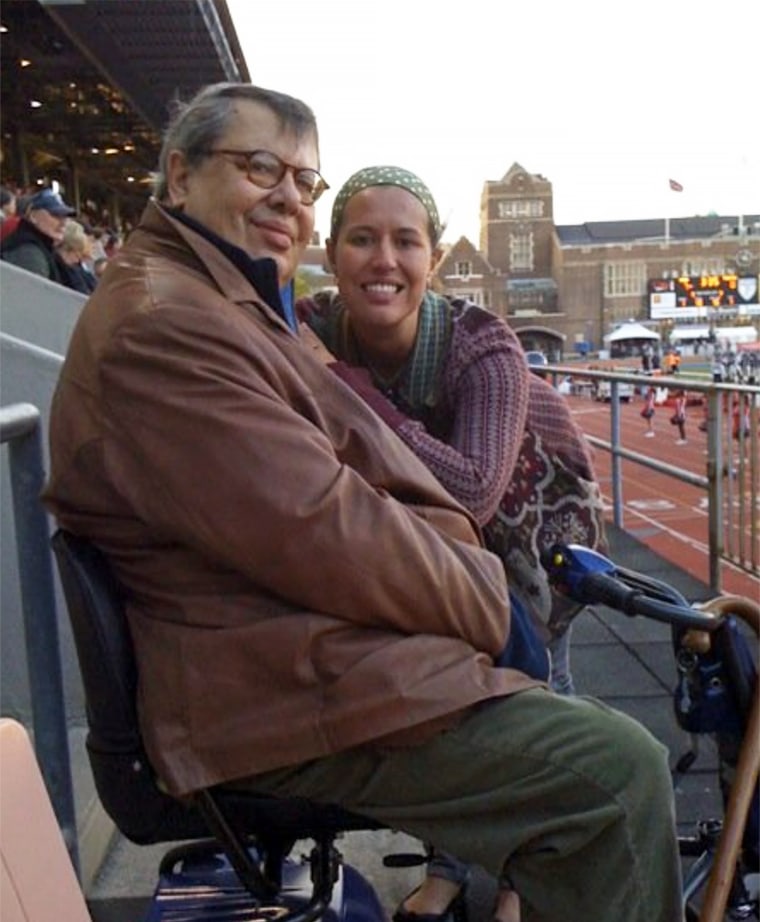
But Lorenza Marsala, the family matriarch, never made it. Stephen confirmed that for me. She was never in any immigration records and multiple documents from her children who made it to America and filled out immigration forms and Census surveys listed her death as February 24, 1916 in the village of Caltabellotta, Sicily. no cause given.
The mystery remains. But I can’t stop. Last summer I went back to Sicily to learn more and start recording a true-crime podcast about solving a generations old murder. It will be like "Only Murders in the Building" meets "White Lotus", meets "Finding Your Roots". And I’ll bring my dad, or at least some of his ashes, along with me.
Together, we might just solve this murder.
